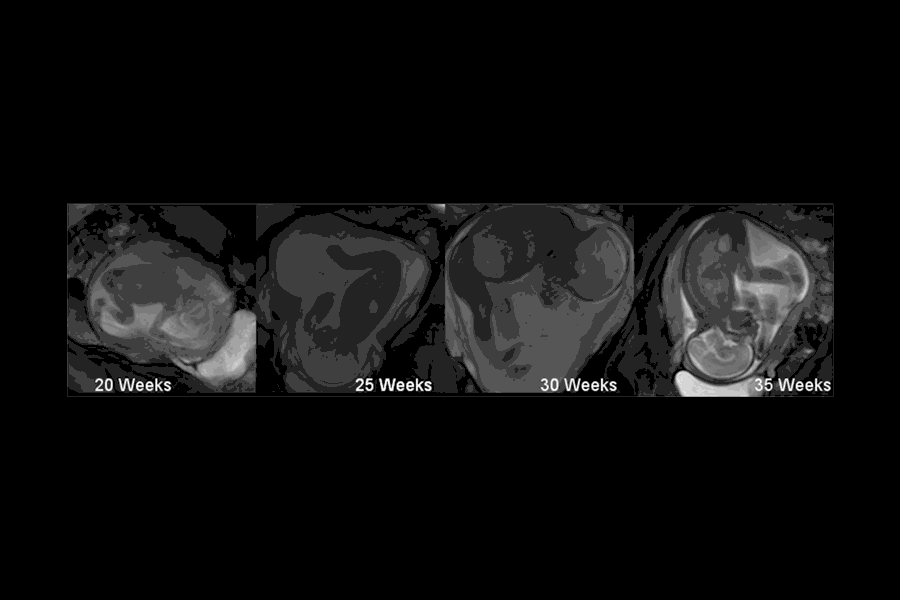
How to Recognize Tonsil Stones: 5 Effective Signs to Watch For in 2025
Tonsil stones, or tonsilloliths, are small, calcified formations that can develop in the crevices of the tonsils. While they are not typically dangerous, they can cause discomfort and unpleasant symptoms. Understanding how to recognize the signs of tonsil stones is essential for maintaining overall throat health and preventing complications. In this article, we'll explore the five effective signs to watch for when determining if you have tonsil stones, along with practical advice on prevention, treatment, and lifestyle changes that can help you manage this common condition.
For those dealing with the symptoms of tonsil stones, awareness is crucial. Many people are unaware that they have tonsil stones until they experience bad breath or throat discomfort. This guide aims to help you detect these stones early and seek medical advice when necessary. Let’s dive into the key indicators and effective management strategies.

Understanding the Symptoms of Tonsil Stones
Recognizing the symptoms of tonsil stones is the first step towards addressing the issue effectively. Tonsil stones form when food particles, dead cells, and bacteria accumulate in the tonsil crypts, leading to the hardening of these substances. Here are the most effective signs to watch for:
1. Persistent Bad Breath
One of the most noticeable signs of tonsil stones is chronic bad breath, also known as halitosis. This is caused by the bacteria and debris trapped in the tonsils, which can release foul-smelling odors. If you notice a significant change in your breath that does not improve with oral hygiene practices, it could be a symptom of tonsil stones.
2. Sore Throat and Throat Discomfort
Individuals with tonsil stones often experience throat pain, discomfort, or irritation. This can feel like a sore throat but may be localized, making it distinct from typical throat infections. If swallowing becomes painful or uncomfortable, it's essential to consider the possibility of tonsil stones.
3. Swelling or Inflammation of the Tonsils
During a self-check for tonsil stones, you might notice swelling or inflammation of the tonsils. Enlarged tonsils can point towards various issues, including tonsil stones. If your tonsils appear red and swollen, this could be an indicator that they are harboring stones.
4. Difficulty Swallowing
People with tonsil stones may also find it challenging to swallow due to obstructive sensations caused by the stones. This symptom can be particularly uncomfortable, as it can feel as though something is lodged in the throat. If this occurs frequently, it might be time to seek medical advice.
5. Ear Pain
Interestingly, tonsil stones can lead to referred pain in the ears. Due to the shared nerve pathways, discomfort from tonsil stones can manifest as pain in the ear. If you experience persistent ear discomfort accompanied by throat symptoms, this might indicate the presence of tonsil stones.
Building on these fundamental signs, it's vital to integrate a thorough oral care routine to prevent recurrence.
Strategies for Managing Tonsil Stones
Understanding how to manage tonsil stones is essential for those who frequently experience this condition. Let's explore effective strategies for treatment and prevention:
Oral Hygiene Practices
Maintaining proper oral hygiene is crucial in preventing tonsil stones. Regular brushing and flossing, along with use of an antimicrobial mouthwash, can significantly reduce the accumulation of bacteria and food particles that contribute to tonsil stone formation. Gargling with a saltwater solution can also help cleanse the throat and tonsils.
Dietary Changes
Incorporating dietary changes can aid in minimizing the occurrence of tonsil stones. Reducing dairy intake and opting for more fibrous fruits and vegetables can help. These foods promote saliva production, which naturally cleanses the mouth and reduces bacteria growth.
Home Remedies
Many people find relief using home remedies for tonsil stones. These include bypassing sugary foods that can exacerbate bacteria production and staying hydrated to help flush out the tonsils. Additionally, using a water flosser or oral irrigator can help clear debris from the tonsils effectively.
When to Seek Medical Help
If you experience recurrent tonsil stones or significant discomfort, it may be necessary to consult a healthcare professional. They can provide a thorough examination and discuss potential treatments, including tonsil stone removal methods if necessary.
Understanding the Link with Allergies
Tonsil stones can sometimes be related to allergies, particularly in individuals with chronic nasal congestion. This connection emphasizes the importance of managing allergies to maintain tonsil health. Working with an ENT specialist can offer tailored advice for those facing recurrent tonsil stones due to allergic reactions.

Tonsil Stones Prevention Tips
Preventing tonsil stones from developing in the first place can save you from discomfort and the need for treatment. Here are some lifestyle changes and practices to consider:
Regular Oral Care Routine
Establish a strong oral care routine that includes brushing twice a day and regular flossing. Additionally, consider incorporating a mouthwash that specifically targets bacteria and helps in maintaining tonsil hygiene.
Frequent Water Intake
Keeping hydrated is essential for oral health. Drinking plenty of water throughout the day not only helps flush bacteria from your mouth but also promotes a healthy throat environment. Aim for at least 8 glasses of water daily to stay hydrated.
Monitoring Health Changes
Be attentive to any changes in your throat or mouth health. If you notice any signs of discomfort or symptoms consistent with tonsil stones, consider implementing preventative measures or consulting a medical professional.
Awareness of Risk Factors
Understanding the various risk factors associated with tonsil stones can further aid in prevention. Individuals with deep cryptic tonsils or those who frequently suffer from chronic throat conditions may need to take extra care in maintaining oral health.
Education on Tonsil Health
Engaging in tonsil stones awareness programs can provide useful information and contribute to prevention. Educating yourself and others about tonsil stones helps in recognizing symptoms and seeking timely treatment when necessary.
Conclusion and Monitoring Tonsil Health
Recognizing the signs of tonsil stones is fundamental to managing this common condition effectively. By paying attention to symptoms like bad breath, throat discomfort, and swelling, you can address tonsil stones early on. Implementing an effective oral hygiene routine, making dietary adjustments, and practicing prevention strategies can significantly improve tonsil health.
If you find yourself regularly struggling with tonsil stones, do not hesitate to consult a healthcare professional. They can offer valuable insights and treatment options tailored to your unique situation. Remember, maintaining good tonsil and oral health is key to avoiding discomfort and promoting overall well-being.
To learn more about treatment options, visit this helpful article.